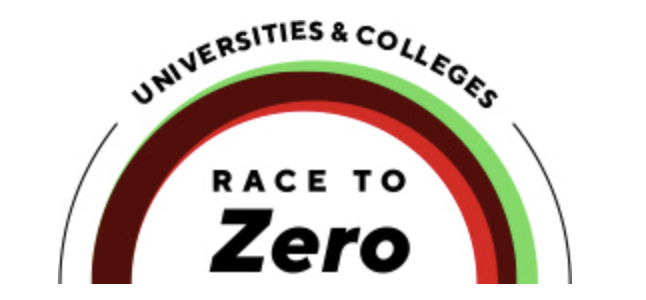Kathryn Metzker
1/10/18
After studying abroad no fewer than eight times between high school and grad school, you could say I am a big fan. Language programs, college courses, student exchange, volunteer teaching, learning traditional Ghanaian wood carving, I couldn’t get enough. Each type of trip was a completely different experience, but all offered me the chance to get out of my natural habitat, out of my comfort zone, and immerse myself in a new place and culture. Years later when I started teaching study abroad programs, I found it even more rewarding than my experience in standard classroom-teaching because students are so much more excited to learn on study abroad. They are ready for a life-changing experience, ready to broaden their minds and challenge their beliefs. While there are difficult days when students are hot, mosquito-bitten, and completely sick of eating rice and beans, I see them rise to the occasion to make the most of their experience. I learned that lesson first-hand in college, studying abroad in the Galapagos through the University of Miami and IOI: when you have planned, saved up money, and had to take 2 planes, a ferry, 3 buses, and a boat to get to where you are going, you are committed.
In the Galapagos, I lived with a wonderful host family and explored the islands, studying biology, sustainable agriculture, and conservation. There, I developed skills in adaptability, enthusiasm for cultural immersion, and building strong relationships which I still maintain today. My strongest memory from that trip was a bike excursion I took during my first week on Isabela Island. One morning I went up to the highlands on the side of the volcano with two other IOI students, Jimmy and Joel, to conduct interviews for a class in Political Ecology. We were learning about where people got their drinking water on the island, looking at personal catchment systems and larger bottle distributors. We had biked to our interview site from Joel’s host family’s farm and intended to bike back to the farm for lunch and then down the mountain back to town. However, after biking for a few hours, we realized we had gotten lost. Turning down random paths between jungle and farmland, we looked for familiar landmarks. A big tree, next to some vines, a barbed wire fence, and a few boards of wood that perhaps at one time were a bench… And if you know the highlands, you know that is not a promising landmark – it describes pretty much the entire mountainside. Still, as avid cyclists, we were enjoying our detour until Jimmy’s front tire popped. Well now we could not even just bike straight back to town.
Walking our bikes through the lush, steep hills was beautiful, if difficult work. We sent Joel ahead on his bike to look for the farm, and lucky we did because Joel found his most of his host family loaded up in the truck and about to leave. That load was full, but his host dad assured us he would be back in about an hour for us. Learning about “Galapagos time,” we spent not an hour, but the rest of the afternoon and evening helping the rest of the family plant cassava, playing card games, and having a rollicking good time. While nothing went according to plan, we adapted to our situation and opened ourselves to have a more fun and rewarding day than we could have expected. An adventure, started for the sake of homework, finished with making great friends. After years away from the island we still keep in touch. Now that I am headed back to Isabela as IOI’s new Assistant Director for Education and Outreach Programs in Galapagos, I have already emailed my local bicycling friends and planned our next adventure!
This program allowed me to get to know amazing Galapagueños, adventurous travelers, and to get to know myself. Through UM and IOI’s model for teaching, I found that hands-on experience and learning from local friends and teachers helped me develop and learn more than I could have in a classroom setting. I saw my friend Erika, who had never left the US before our semester abroad and who spoke no Spanish make so many local friends over her time there by developing her talent to communicate without speaking the same language and also committing to learn Spanish. Each of my travels has shaped my philosophy and practice of learning and adapting to other cultures. Meeting the incredible team at IOI inspired me by showing me that it is possible, and in fact crucial, for an organization to interweave conservation, community development, and international exchange.
















